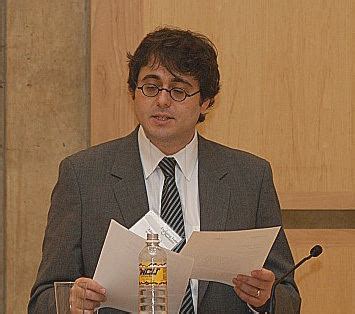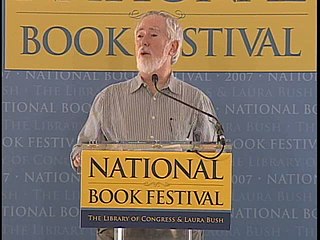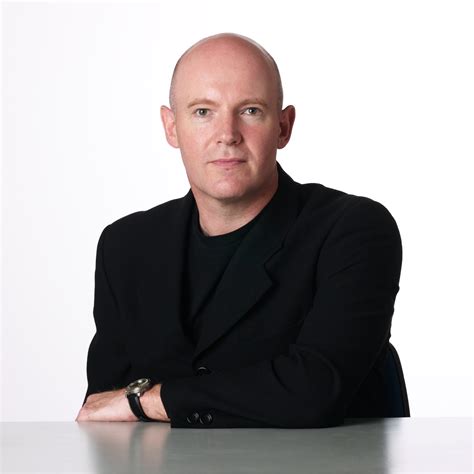A Quote by Seamus Heaney
My teaching was animated by what I was reading and being excited by as a poet.
Related Quotes
In the 1970s, for example, I found myself learning to relish the poetry of Andrew Marvell and Sir Thomas Wyatt, and getting a handle on poetry of plainer speech than I had dwelt with heretofore. Which led me into a new appreciation of middle [William Butler ] Yeats, of the short three-beat line and forward-driving syntax, and that paid in, in turn, to a poem like Casualty in Field Work. The traffic, however, was usually the other way. My teaching was animated by what I was reading and being excited by as a poet.
... teaching cannot be a process of transference of knowledge from the one teaching to the learner. This is the mechanical transference from which results machinelike memorization, which I have already criticized. Critical study correlates with teaching that is equally critical, which necessarily demands a critical way of comprehending and of realizing the reading of the word and that of the world, the reading of text and of context.
My personal view is that reading has to be balanced. Obviously, there's a certain amount of reading that we have to do academically to continue to learn and to grow, but it's got to be balanced with fun and with elective reading. Whether that's comic books or Jane Austen, if it makes you excited about reading, that's what matters.
Well, I'd never done an animated movie before, which is why I was so excited about doing it. It was one of the little boxes as an actor that I wanted to tick off. I wanted to do an animated film. So, after my mum got over the fact that I was never going to play Shrek's sister, this was the nearest I was going to get!
Part of the pleasure of giving a reading comes from the rapport between the audience and the poet. I don't want to get mystical here, but there's an energy flow that begins with the poet, and the energy goes out to the audience, and they're energized, and then they return that energy to the poet. As someone standing up there alone, facing these people, I can feel that rapport (or its absence).
Be light-hearted, light-footed. Be of light step. Don't carry religion like a burden. And don't expect religion to be a teaching; it is not. It is certainly a discipline, but not a teaching at all. Teaching has to be imposed upon you from the outside and teaching can only reach to your mind, never to your heart, and never, never to the very center of your being. Teaching remains intellectual. It is an answer to human curiosity, and curiosity is not a true search.







































